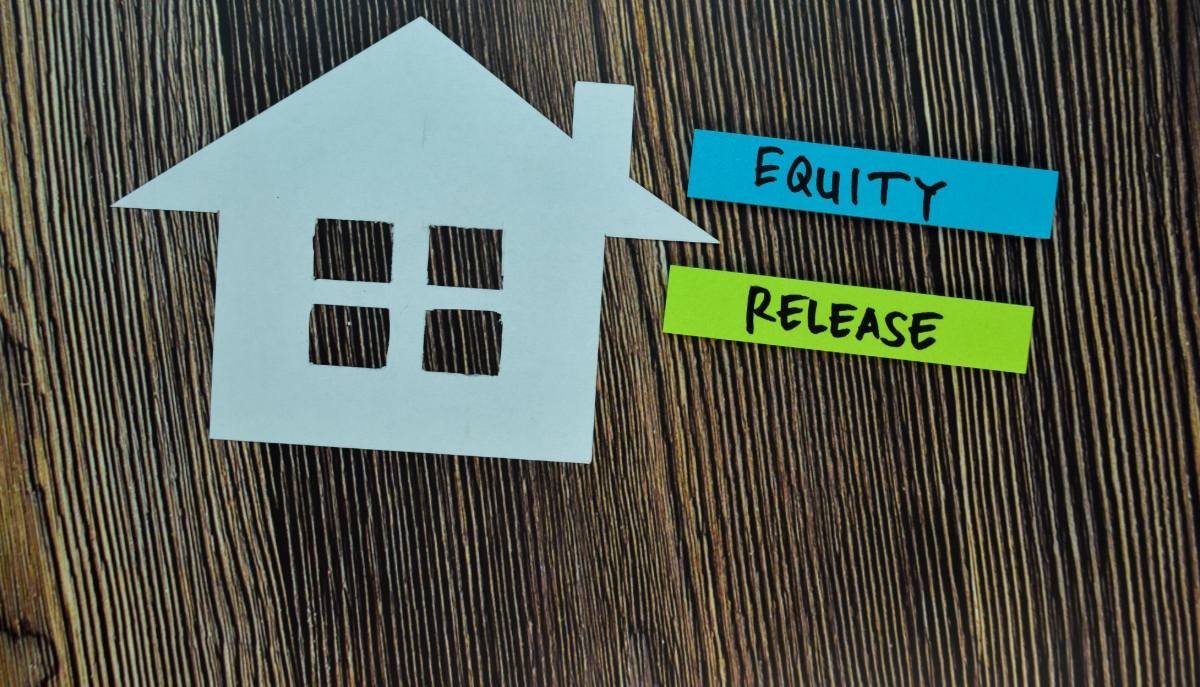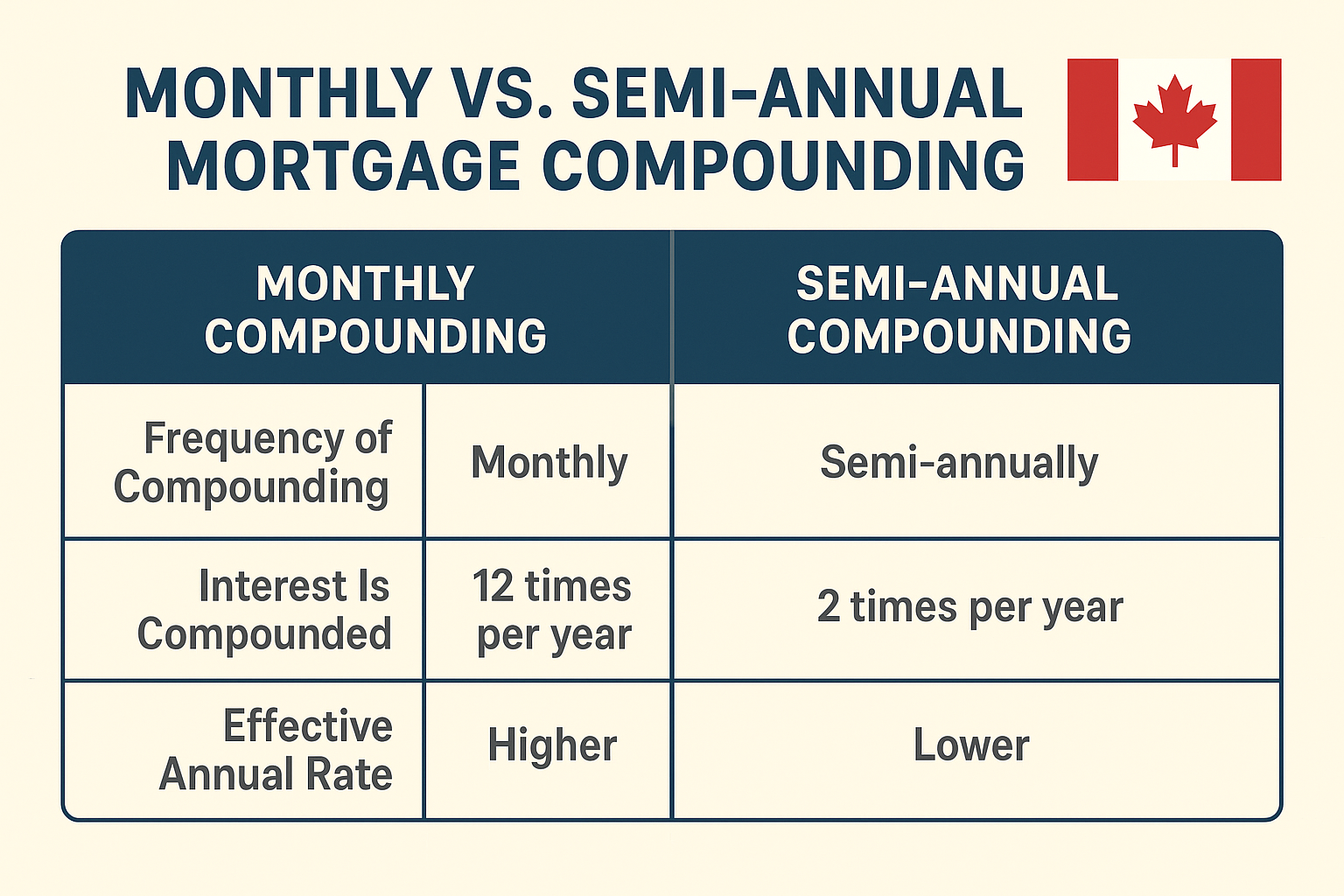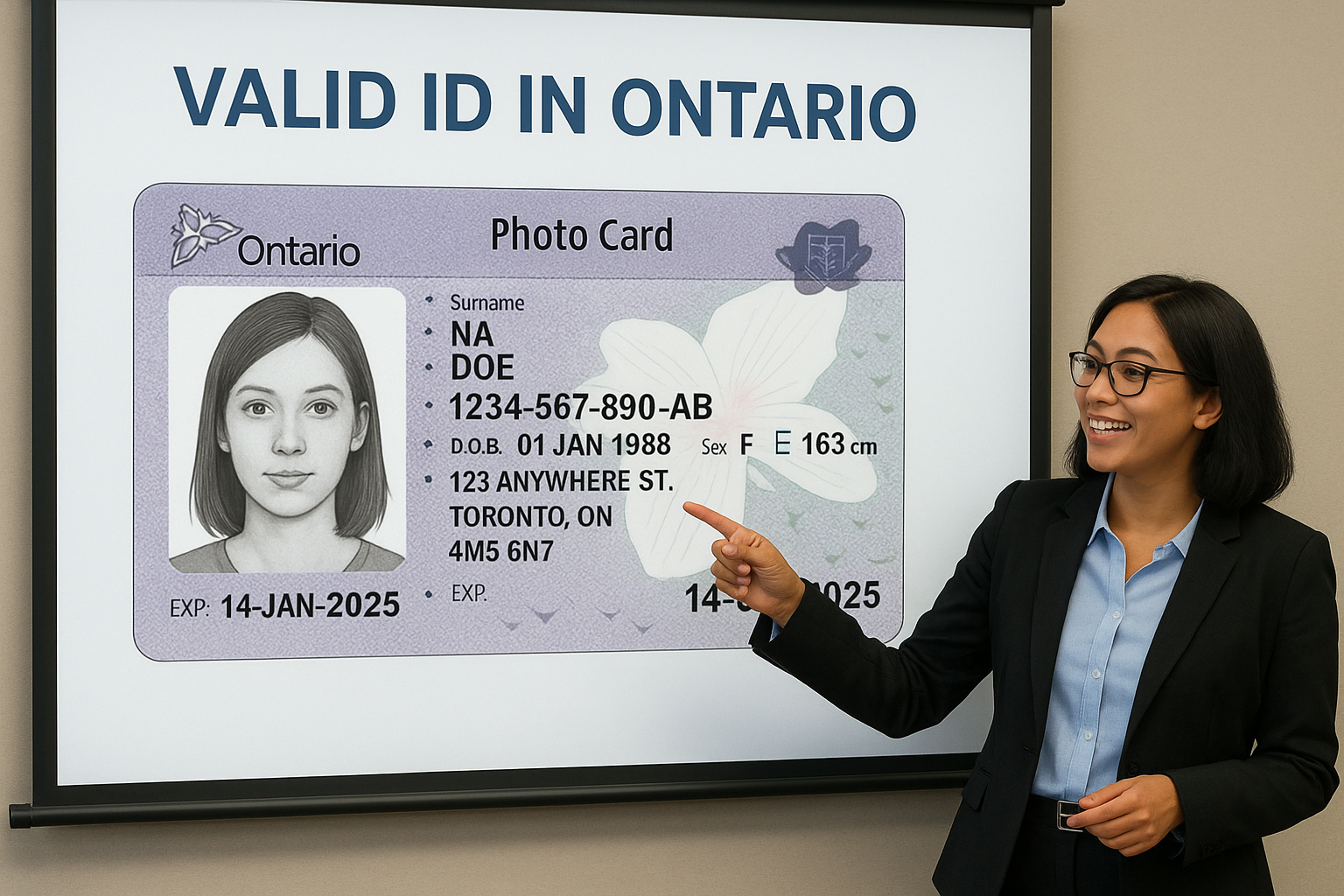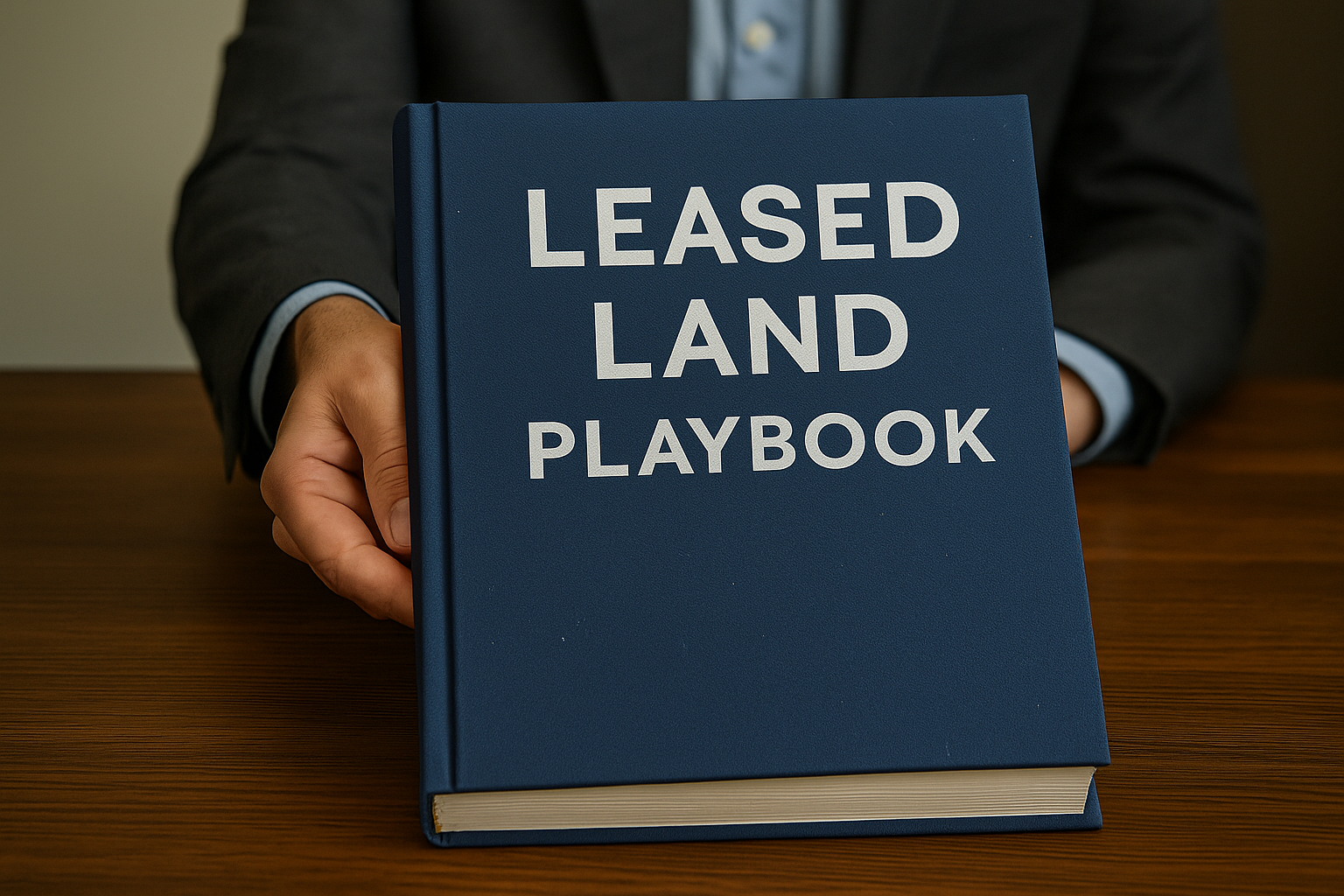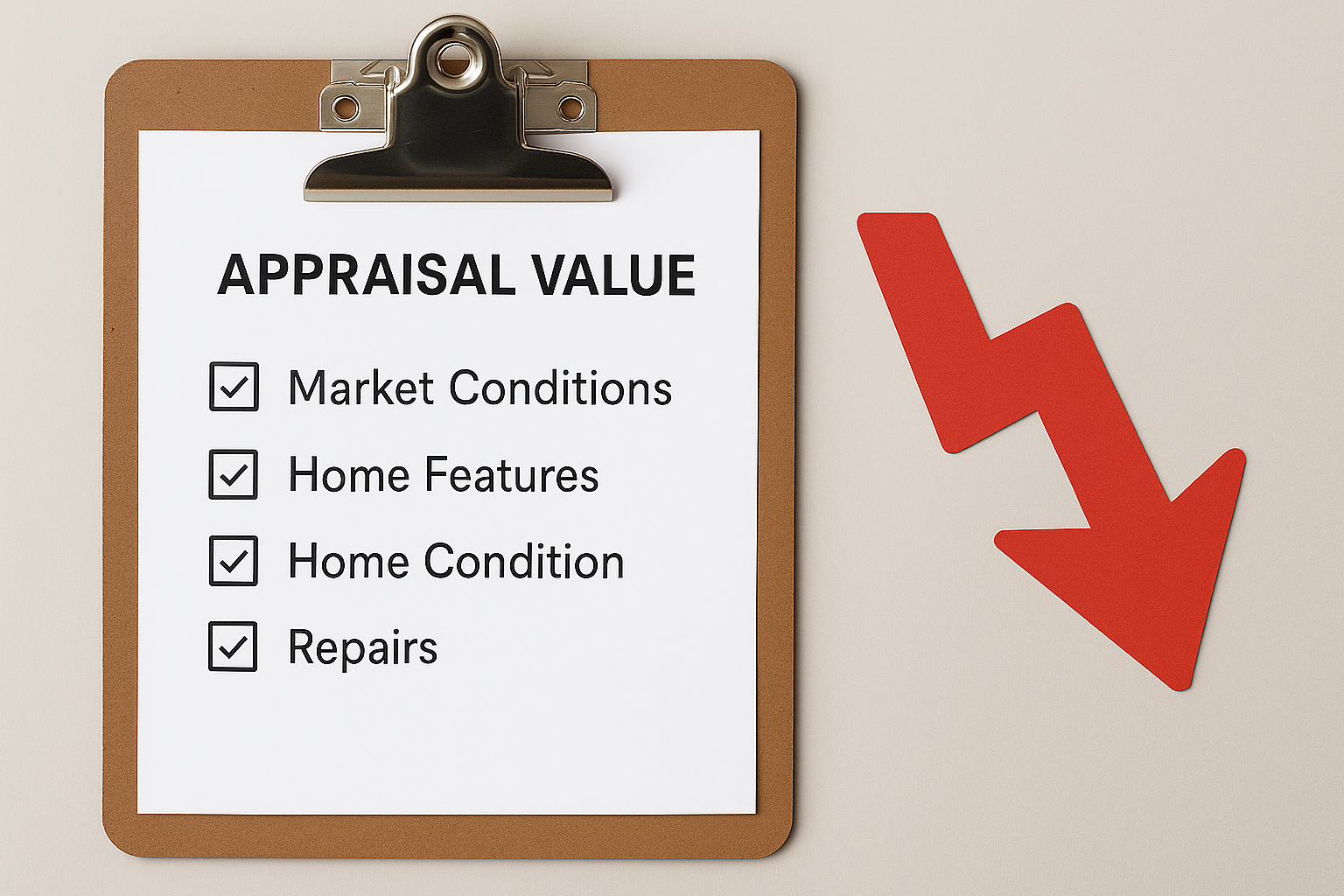Table of Contents
ToggleLearn About More Than One Home Equity Loan
Home equity loans allow homeowners to borrow against the value of their property. But can you take out more than one? The short answer is yes, but lenders have strict requirements. This guide explains when multiple home equity loans are possible, the pros and cons, and alternative financing options for Canadians.
Understanding Home Equity Loans
A home equity loan is a secured loan where you borrow against your home’s value. It differs from a home equity line of credit (HELOC) because it provides a lump sum with fixed payments. Lenders assess credit score, loan-to-value ratio (LTV), and income to approve borrowers.
How Lenders Calculate Home Equity
Home equity is the difference between your home’s market value and outstanding mortgage balance. Lenders typically allow borrowing up to 80% of a home’s value.
Example:
- Home Value: $600,000
- Current Mortgage: $300,000
- Max Borrowing Limit (80% LTV): $480,000
- Available Equity for Additional Loans: $180,000
Can You Take Out Multiple Home Equity Loans?
Yes, but not all lenders allow it. Each loan creates an additional lien on the property, which affects lender risk.
Key Considerations:
- Lien Position: First mortgage, second mortgage, third mortgage, etc.
- Lender Policies: Most lenders cap total borrowing at 80% LTV.
- Credit Score: Strong credit improves approval chances.
- Income Stability: Proof of steady income is required.
Pros and Cons of Having More Than One Home Equity Loan
Pros:
- Access more funds for renovations, debt consolidation, or investments.
- Fixed interest rates provide predictable payments.
- No need to refinance or break an existing mortgage.
Cons:
- Higher interest rates on secondary loans.
- Increased debt burden and repayment obligations.
- Greater foreclosure risk if payments are missed.
Lender Guidelines & Loan-to-Value (LTV) Considerations
Canadian lenders limit borrowing to 80% of a home’s appraised value. If multiple loans exceed this, approval becomes difficult.
Alternatives to Multiple Home Equity Loans
Refinancing
Combining existing debts into a single mortgage may reduce costs and simplify payments.
HELOC Instead of Multiple Loans
A HELOC provides flexible borrowing, unlike fixed-payment home equity loans.
Second Mortgage vs. Home Equity Loan
A second mortgage may be a better option depending on repayment needs.
How to Qualify for More Than One Home Equity Loan
- Credit Score: 680+ improves chances.
- Debt-to-Income Ratio: Lenders check affordability.
- Stable Home Value: An appraisal may be required.
- Income Verification: Proof of employment or self-employment income.
Risks & What to Watch Out For
- Increased debt load and repayment difficulties.
- Risk of owing more than the home is worth if property values drop.
- Legal considerations—check lender contract terms carefully.
FAQs About Multiple Home Equity Loans
1. Can I have both a home equity loan and a HELOC?
Yes, if your total loan-to-value (LTV) remains under 80%.
2. Will having multiple home equity loans affect my credit?
Yes, additional debt impacts your credit score and borrowing capacity.
3. How many home equity loans can I have in Canada?
It depends on lender policies and available equity.
4. What if my lender denies a second home equity loan?
Consider private lenders or refinancing options.
5. Are home equity loans tax-deductible in Canada?
Interest is not tax-deductible unless funds are used for investment purposes.
Conclusion
Canadian homeowners can have multiple home equity loans, but approval depends on lender rules, credit, and available equity. Before applying, consider refinancing, HELOCs, or second mortgages as alternatives. Consult with mortgage professionals to determine the best option for your financial situation.
Multiple home equity loans can provide financial flexibility, but they come with added responsibilities. Homeowners should carefully assess their long-term financial health before taking on additional debt. Having too many secured loans on your property could lead to financial strain if interest rates increase or market conditions shift.
Additionally, understanding the repayment terms of each loan is crucial. If payments on multiple home equity loans become overwhelming, consolidating debts into one manageable payment through refinancing might be a better solution. Always review your loan agreements, interest rates, and fees before committing to multiple home equity loans.
Ultimately, borrowing against home equity should be part of a well-thought-out financial plan. If you’re unsure whether a second or third home equity loan is right for you, speaking with a financial expert can help you make an informed decision. Remember, protecting the equity in your home is just as important as leveraging it for financial needs.
More Than One Home Equity Loan
- Mortgage Payments Compounded: The Truth About Payments in Canada - July 10, 2025
- Leased Land Mortgages in Ontario: How to Qualify and What to Expect - June 30, 2025
- Hard Money Mortgage Lending in Canada: A Homeowner’s Guide - June 9, 2025
